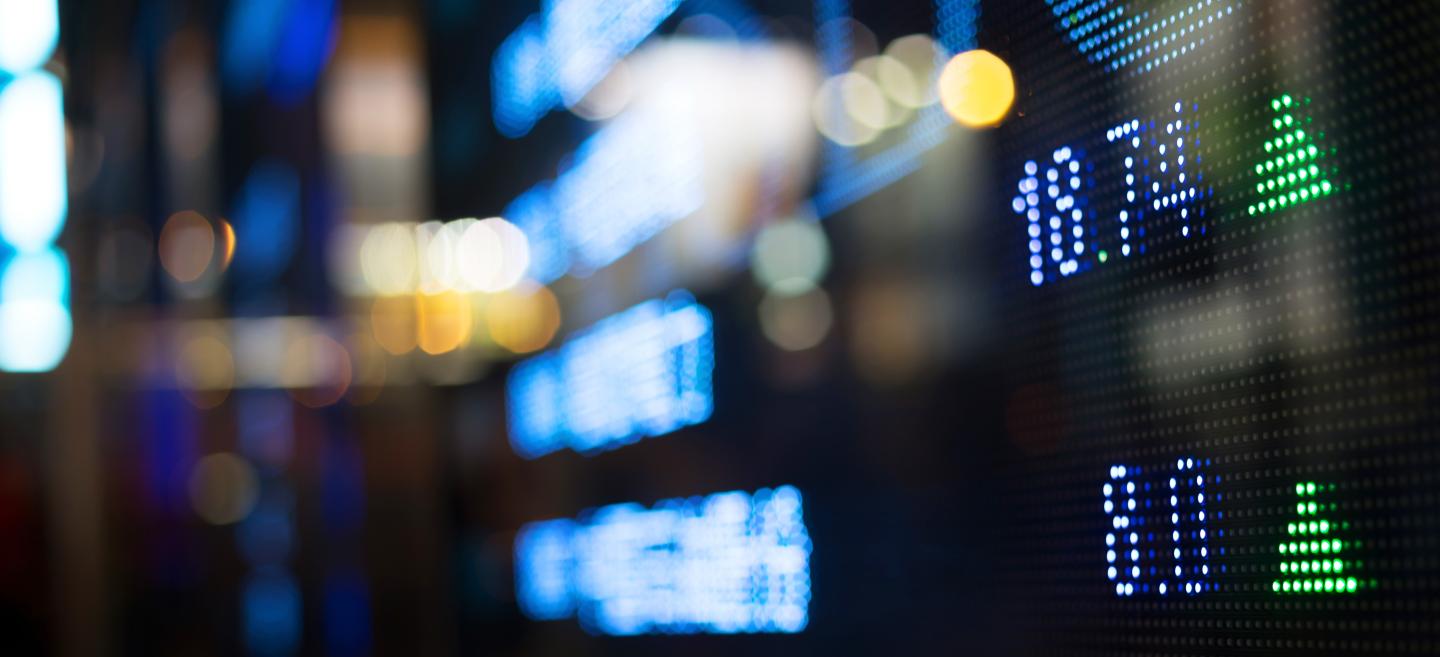News & Insights

When a company makes a profit, sometimes they will share those profits with shareholders. By being awarded dividends, you as an investor are also reaping the rewards of a company's profitability.
Dividends, Explained
Dividends are cash or stock rewards paid to investors, usually out of company profits. You can almost think of it as a gift, meaning companies are under no obligation to hand out dividends, and most don't.
But look carefully at that gift. The company might be handing shareholders a cut of the profits because it's in a mature business that isn't growing fast, such as a utility. On the other hand, on-the-rise companies (known as growth stocks) prefer to reinvest their profits into company expansion. And if the company's stock price is surging, this strategy makes more sense.
That doesn't mean dividend stocks are a bad investment—the company might be showing solid profits—but it could mean its stock price is aiming more toward the horizon than the moon. Such companies often attract investors with the promise of regular quarterly dividends, which can really boost their portfolios when the stock market is stuck in a rut.
By now you may be wondering which is better: slow-and-steady dividend stocks, or speedy growth stocks. As is so often the answer in investing, you may want to cover your bets by owning a mix of both.
The Power of Dividend Reinvestment
You might be getting the idea that dividends are a "safe" investment that won't make you as rich as buying hot tech stocks. And that may be true, assuming you cashed out your dividends every quarter and spent the money on vacations.
In reality, most shareholders reinvest their dividends back into the company. That's where dividends pay off over time.
Berkshire Hathaway, the investment company run by Warren Buffett, is a committed buy-and-hold dividend investor. According to recent Securities and Exchange Commission (SEC) filings, Berkshire Hathaway is projected to earn $4.6 billion in dividends alone in 2019. Most of that is from about 30 stocks the company has owned for decades.
Granted, you likely don't have billions to invest. But let's say you had invested $10,000 in Walmart stock in 1995. Today, with dividends reinvested, those holdings would be worth about $111,000. Without dividend reinvestment, you'd have just $93,000. An $18,000 bump on a $10,000 investment—not bad indeed.
Learning What Dividends Say About a Company
You can tell a lot about a company by its dividend policy. For starters, companies that pay dividends are likely profitable, since dividends need to come from somewhere. And they probably have stable, disciplined management because those payments must be made, on time. Investors can also compare dividends between companies in the same industry, to get an idea of how each is doing.
Experts employ a lot of complex formulas to divine the meaning behind dividends. One basic measure is dividend yield, which is the dividend income per share divided by the share price. A low yield versus competitors could mean the company is in trouble. If similar companies are paying out better dividends, it makes you wonder what's going on. But it could also mean the company's share price is too high.
TradeTalks Newsletter
Weekly dose of trading news, trends and education. Delivered Wednesdays.
Latest articles

This data feed is not available at this time.